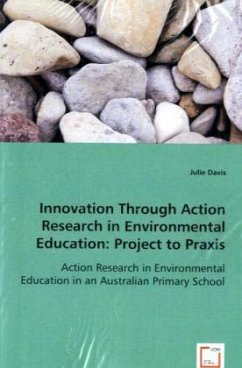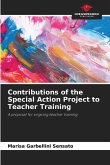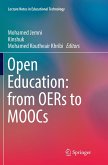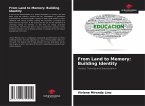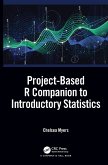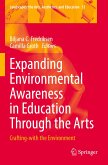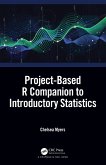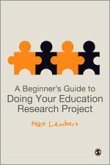This is a report on a 'whole school' curriculum innovationin environmental education. The study had two distinct, intertwined phases: collaborative action research and personal analysis andr eflection. A key stimulus for the study was the perceived theory-practice gap in environmental education, often presented asa criticism of teachers. The intention of this study was to work with teachers in an exemplary environmental education project and to identify success factors. As the project proceeded, however, it became obvious that the goal was unrealistic. Institutional and organisational rigidities, teachers' day-to-day work demands, and the constant juggle of work and other responsibilities acted as constraints. Progress was slow. At times, the project was in danger of stalling permanently. The outcome seemed best described as a 'small win', perhaps just another example of the theory-practicegap I had hoped the project would bridge. Towards the end, however,an exploration of complexity theory gave new meaning to this 'small win'. I recognised that change is not the product of linear processes applied methodically in purposeful and diligent ways, but emerges from events and processes that cannot be forecastor planned for. This realisation led to a reframing of how I now view innovation in environmental education.
Bitte wählen Sie Ihr Anliegen aus.
Rechnungen
Retourenschein anfordern
Bestellstatus
Storno

